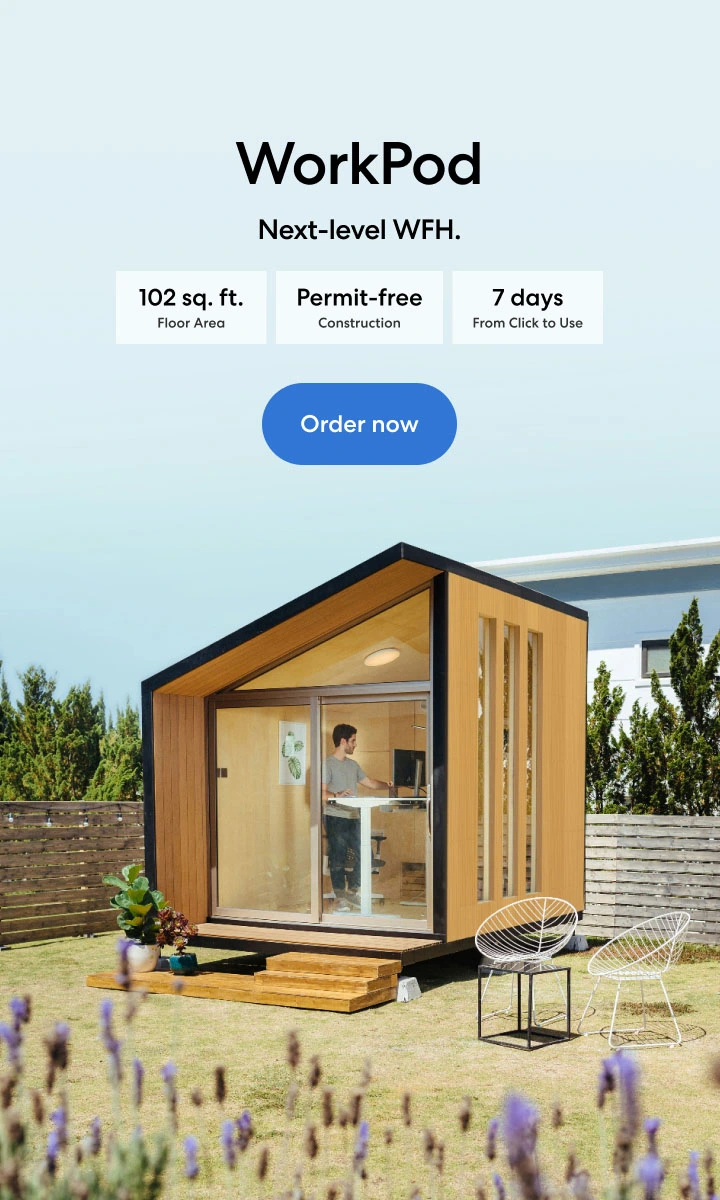
Table of Contents
Feeling drowsy but don’t want to rely on caffeine? But, how to stay awake without caffeine? Whether you’re trying to cut back on coffee or simply looking for healthier alternatives, there are effective ways to stay awake without caffeine. In this blog, we’ll explore simple, practical tips to help you stay alert and energized, naturally. From hydration to movement, these solutions will keep you focused and productive throughout your day.
The Struggle of Staying Awake Without Caffeine
Caffeine has become a go-to solution for millions when fatigue strikes. While it offers a quick energy boost, excessive consumption comes with downsides - jitters, dependency, and even disrupted sleep cycles. For those wondering how to wake up without caffeine or curious about ways to stay awake without caffeine, these natural alternatives can keep your energy levels steady without compromising your health.
10 Easy Ways to Stay Awake Without Caffeine
If you’re looking for natural, sustainable solutions to boost your energy and focus, these tips are your go-to alternatives. Let’s dive deeper into how each method works to help you stay awake and energized throughout your day.
1. Drink a Glass of Water
Dehydration can be a major culprit behind fatigue. A glass of water can quickly rehydrate your body and wake up your senses. Keep a reusable water bottle at your desk and aim to sip water consistently throughout the day to maintain your energy levels. If you’re asking, what can I drink to keep me awake besides coffee? - start with nature’s simplest beverage.
- Pro Tip: Add a slice of lemon or a few mint leaves for flavor and a refreshing boost.
- Why It Works: Proper hydration helps maintain blood flow, delivers oxygen to your brain, and supports overall bodily functions.
If you’re wondering how to get energy without caffeine, hydration should always be your first step.

2. Have a Power Snack
Fuel your body with nutrient-packed snacks at the office snack bar like nuts, seeds, yogurt, or a piece of fruit. These snacks provide a steady release of energy, preventing the blood sugar crashes that can leave you feeling groggy. Instead of reaching for coffee, snack smarter to feel more awake.
Best Snacks to Try:
- Greek yogurt with honey
- A handful of almonds or walnuts
- Fresh fruit like bananas or apples with peanut butter
- Hummus with veggie sticks
Why It Works: These snacks provide a steady release of energy instead of the short-lived boost you’d get from sugar or caffeine.

3. Move Your Body with a Standing Desk
Standing desks are more than a trendy office addition - they help keep you alert. Alternating between sitting and standing promotes better blood flow and prevents that post-lunch slump. If you’re wondering how to stay up without caffeine, adjusting your workspace might be the answer.
- How to Use It: Alternate between sitting and standing every 30–60 minutes. Pair standing with light stretches to avoid stiffness.
- Why It Works: Movement boosts circulation and prevents the sluggishness associated with prolonged sitting.
Learn more about the benefits of standing desks for productivity.

4. Get Some Sun
Natural sunlight triggers the release of serotonin, which boosts your mood and helps regulate your body’s internal clock. Step outside for a quick walk or open the blinds in your workspace to soak up some rays. Exposure to sunlight is one of the simplest ways to stay awake without caffeine.
How to Get Sunlight:
- Take a short walk outdoors during breaks.
- Position your desk near a window.
- Open blinds to let natural light in.
Why It Works: Even 10–15 minutes of sun exposure can make a noticeable difference in your energy levels.
5. Take a Power Nap
When all else fails, a short nap can work wonders. Keep it between 10–20 minutes to avoid falling into deep sleep, which can leave you feeling groggier. Power naps are a proven solution for refreshing your mind and body, ensuring you’re ready to tackle the rest of your day.
Tips for Effective Naps:
- Keep naps between 10–20 minutes to avoid entering deep sleep.
- Nap in a quiet, dimly lit room to relax quickly.
- Set an alarm to wake up on time.
Why It Works: A short nap helps clear mental fog, improves focus, and reduces the risk of burnout.

6. Practice Good Sleep Hygiene
The best way to prevent fatigue during the day is to ensure you’re sleeping well at night. Establish a consistent sleep schedule, create a relaxing bedtime routine, and avoid screens before bed. Proper rest reduces your reliance on caffeine and improves overall alertness.
Key Habits to Build:
- Maintain a consistent sleep schedule, even on weekends.
- Avoid heavy meals, caffeine, and alcohol before bedtime.
- Create a relaxing pre-sleep routine, like reading or meditating.
- Keep your bedroom dark, cool, and quiet for optimal sleep quality.
7. Take a Break (From Your Screen)
Digital screens emit blue light, which strains your eyes and contributes to mental fatigue. Prolonged screen time can make you feel more tired and less productive.
How to Take Breaks:
- Use the 20-20-20 rule: Every 20 minutes, look at something 20 feet away for 20 seconds.
- Stand up, stretch, or walk around for 5–10 minutes every hour.
- Close your eyes for a few moments to relax them.
Why It Works: Stepping away from screens refreshes your brain, reduces eye strain, and re-energizes your body.

8. Listen to Music
Upbeat music can be a game-changer for staying awake. Create a playlist with energizing tunes or explore white noise and nature sounds to keep your mind focused and alert. Music is a simple yet powerful way to boost your energy without caffeine.
Best Music for Energy:
- Upbeat pop or electronic tracks for a quick boost.
- Classical or instrumental music for sustained focus.
- Nature sounds for a calming yet alert environment.
Why It Works: Music stimulates the brain’s reward system, helping to combat fatigue and improve concentration.
9. Exercise at Your Desk
Office desk exercises, like seated leg lifts or shoulder rolls, get your blood flowing without interrupting your workflow. Just a few minutes of movement can give you the boost you need. For those searching how to get energy without caffeine, a quick desk workout can do the trick.
Exercises to Try:
- Seated leg lifts: Extend one leg at a time and hold for a few seconds.
- Shoulder rolls: Relieve tension with forward and backward shoulder rotations.
- Neck stretches: Tilt your head side to side to relax your neck muscles.
Why It Works: Movement wakes up your muscles and keeps your body active, making it easier to stay awake and focused.
10. Converse with Your Colleagues
Social interaction can stimulate your brain and make you feel more awake. A quick chat with a colleague can break the monotony and refresh your mind. If you’re working remotely, try a brief video call to get the same effect.
How to Incorporate It:
- Take a coffee break together (even if it’s caffeine-free!).
- Discuss a work project or brainstorm ideas.
- Share a funny story or lighthearted conversation to lift the mood.
Why It Works: Engaging with others stimulates your mind and keeps you alert, especially if you’re working on repetitive tasks.
Summary
You don’t need caffeine to stay awake and energized throughout your day. By incorporating these 10 habits into your daily routine, you can maintain consistent energy levels and avoid the pitfalls of caffeine dependency. Whether it’s staying hydrated, enjoying a power snack, or stepping outside for sunlight, these tips offer effective and sustainable ways to stay awake without caffeine. Next time you feel drowsy, try these 10 effective tips and enjoy sustainable energy without relying on coffee.
Stay connected with us!
Subscribe to our weekly updates to stay in the loop about our latest innovations and community news!
Interested in a Link Placement?
.svg)
.svg)



/https://storage.googleapis.com/s3-autonomous-upgrade-3/production/ecm/230914/bulk-order-sep-2023-720x1200-CTA-min.jpg)

/https://storage.googleapis.com/s3-autonomous-upgrade-3/production/ecm/230905/Untitleddesign.png)